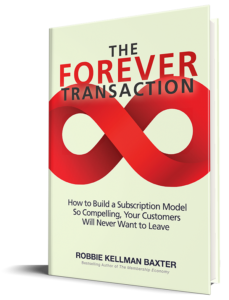1. Technology Matters: Every marketer needs to understand technology. Increasingly, digital marketing IS marketing, and having the right technology will make the difference. Many senior (read "old") marketers are afraid of digging into technology, and leave major decisions to junior marketers or ask IT to evaluate, implement and even identify new technologies. According to Gartner Research, by 2017, the CMO will have a bigger IT budget than the CIO–marketers need to embrace the change.
2. Writing is key: Content is king and the marketer is the kingmaker. Marketers need to know how to write, but also need to know how to source good writers, and evaluate what topics are needed to engage potential buyers. Also, marketing writers are starting to look an awful lot like journalists, with the ability to write quickly and without a heavy pitch. Every marketer needs to know how to write. Period.
3. Marketing has to sell: Your website can be your star sales rep. According to Google's recent research on the Zero Moment of Truth, 60% of the buying decision is made before the prospect makes herself known to the company. It is critical that marketers provide the breadcrumbs, via website, social media, customer reviews and other digital assets, to lead prospects through the evaluation process–even without a human to hold their hand.
4. Decisions must be data driven: You've seen the articles about "Big Data" but do you know how to use all of the information that your company is able to track? Having the data is the first step, but the marketer's job is to transform that data into useful decision making tools. What should your dashboard include? How do you want to be evaluated by your managers and by your board? More than ever, if it can't be measured, it probably doesn't merit budget.
5. The secret weapon: diversity: With so much data and technology, it is easier than ever to evaluate ideas objectively. So the logical next step is to generate lots and lots of ideas and test them–lots of content, lots of campaigns, lots of products. To generate these ideas, you need a lot of smart people–with a lot of different perspectives. Take a look at the people surrounding you. If they are all similar in age, gender, color, nationality and pedigree, you are probably missing out on some great resources. It's easier to stick with what you know–but new perspectives can lead to big opportunities–and you have data to ensure that the best ideas are recognized and extended quickly.
Make 2013 a great year, by blending the wisdom of your experience with a true learner's mindset.


